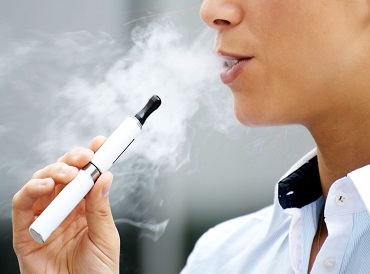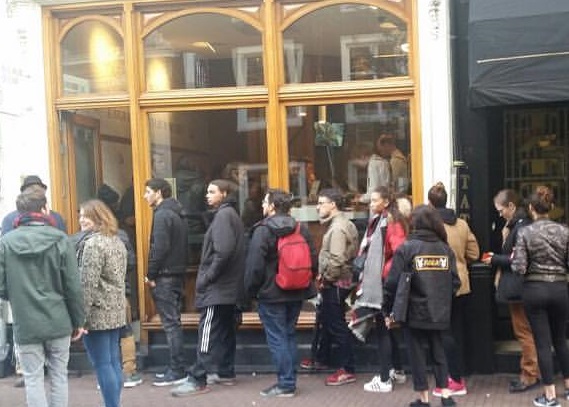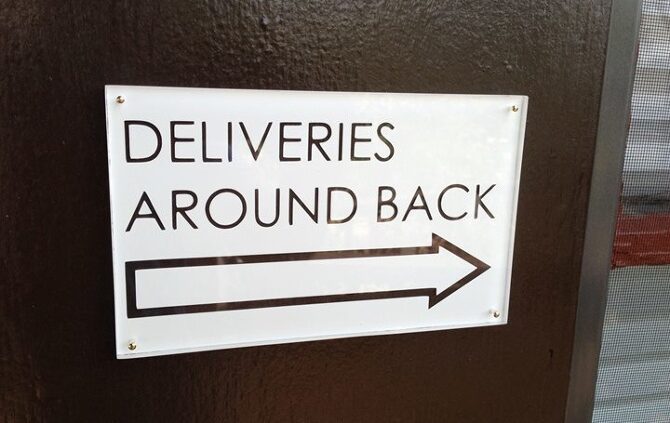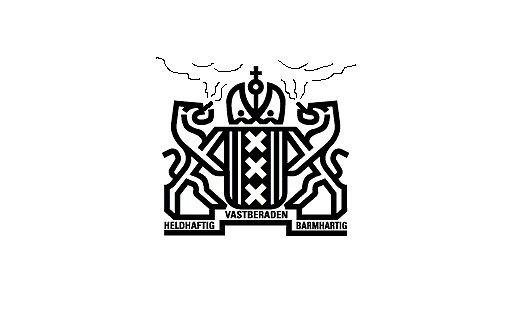Dutch coffeeshop owners went to court last week in a last ditch bid to block a government plan to stop foreigners from buying marijuana in the Netherlands.
Lawyers representing the coffeeshops oppose what would be the most significant change in decades to the country’s famed soft drug tolerance: turning marijuana cafes into ‘members only’ clubs open solely to Dutch residents.
Members would only be able to get into the coffee shops by registering for a ‘weed pass’, and the shops would only be allowed a maximum of 2,000 members.
The move comes into force in the south of the country May 1 and is scheduled to roll out nationwide on Jan. 1, 2013.
Whether it will be enforced in Amsterdam remains to be seen. The city has strongly opposed the pass idea and Mayor Eberhard van der Laan says he wants to negotiate a workable compromise with the country’s Justice Minister Ivo Opstelten.
Lawyers for the cafe owners told a judge at The Hague District Court that the move — aimed at reining in problems caused by foreign ‘drug tourists’ who buy marijuana in the Netherlands and resell it in neighboring countries — is “clearly discriminatory”.
Lawyer Ilonka Kamans argued that Dutch drug policy gives citizens “the fundamental right to the stimulant of their choosing” and should not deprive visiting foreigners of the same right.
Government lawyer Eric Daalder defended the measures. “Fighting criminality and drug tourism is a reasonable justification” for the crackdown, Daalder told the court. He said the government wants to bring coffeeshops back to what they were originally intended to be: “small local stores selling to local people.”
Marc Josemans of the Easy Going coffee shop in Maastricht said that if the courts April 27 ruling goes against them, the local coffee shops plan to disregard the ruling, forcing the government to prosecute one of them in a test case.
Though the weed pass policy was designed to resolve traffic problems facing southern cities, later studies have predicted that the result of the system would be a return to street dealing and an increase in petty crime — which was the reason the tolerance policy came into being in the 1970s in the first place.
Marijuana cafes are a major tourist draw for Amsterdam, with some estimates saying a third of visitors try the drug, perhaps in between visiting the Van Gogh Museum and other major attractions.
According to U.N. data, the use of marijuana by Dutch nationals is in the mid-range of norms for developed countries — higher than in Sweden or Japan but lower than in Britain, France or the United States.




